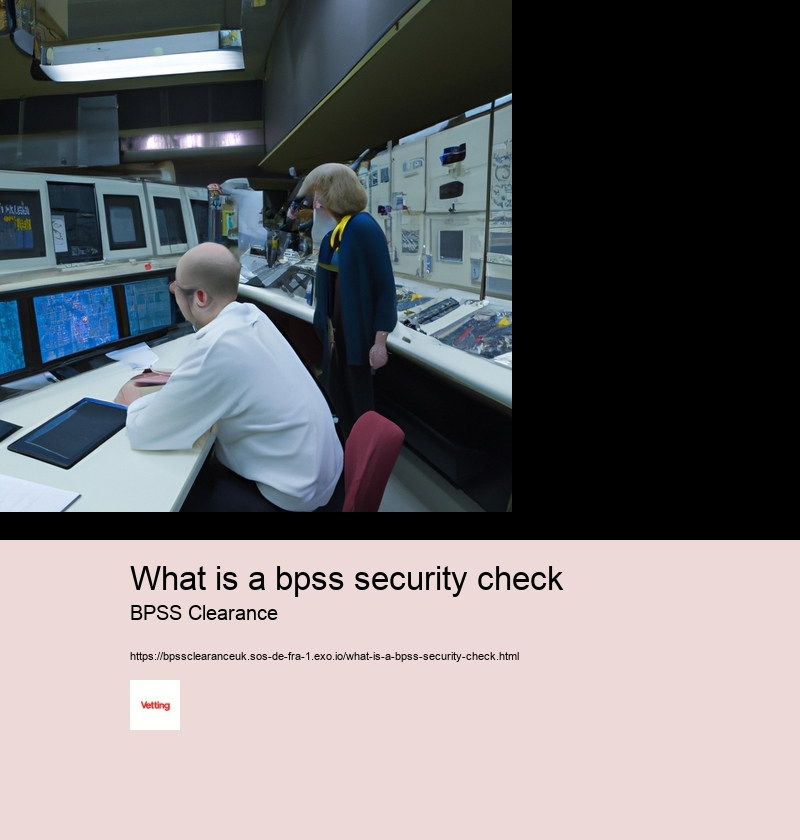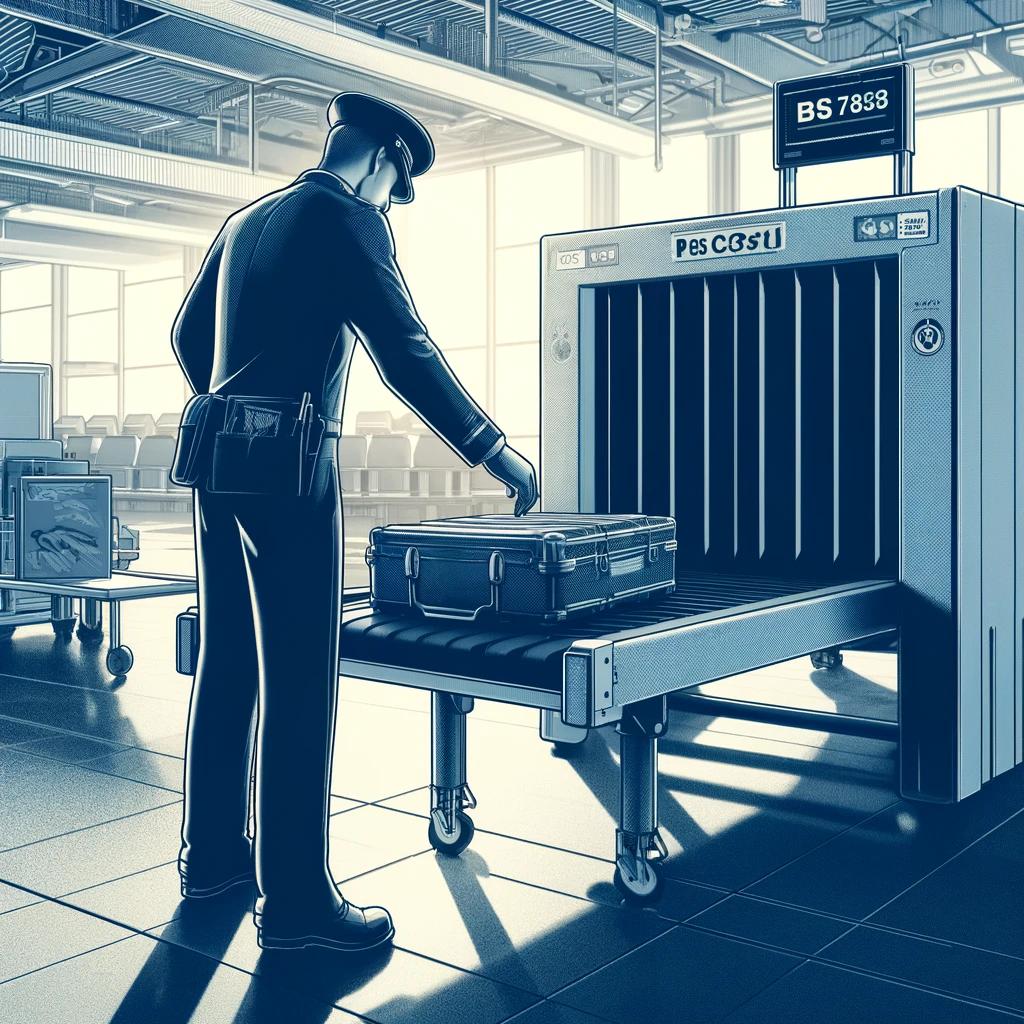what is a bpss security check
What can employers see on a background check UK?
During the BPSS process, the right to work check typically involves reviewing and verifying documents that prove an individual's eligibility to work in the UK. These documents can include passports, biometric residence permits, national identity cards, and work visas. The employer must inspect these documents to ensure they are valid and belong to the individual presenting them. This step must be done in person or, following recent updates, via online checks using the Home Office's online right to work checking service, which provides real-time information about the entitlements of potential employees.
1. **International Background Checks:** Expect a growing emphasis on international screenings to guarantee thorough vetting for BPSS compliance.
Who Needs a BPSS Check, Confirming the need for a BPSS check involves identifying specific roles and sectors where clearance is mandatory to safeguard sensitive information and establish trustworthiness.



